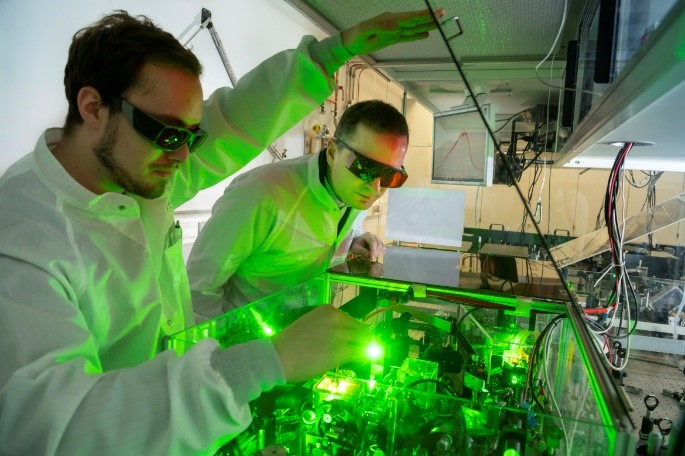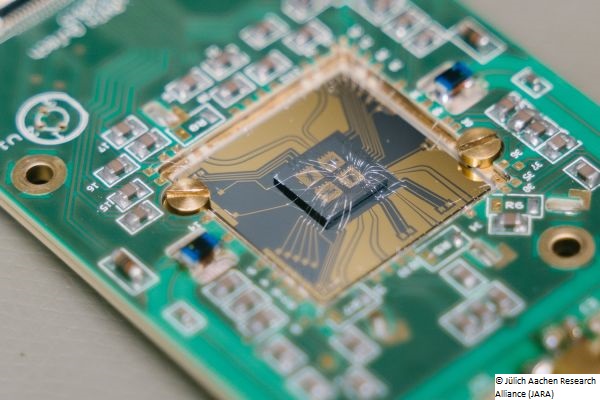Updates from the Quantum Research Landscape in India and Germany
Explore the quantum research landscape in India and Germany with updates on research funding, research centres, labs, programmes, projects, and more. Please note that the list of updates is not exhaustive.








